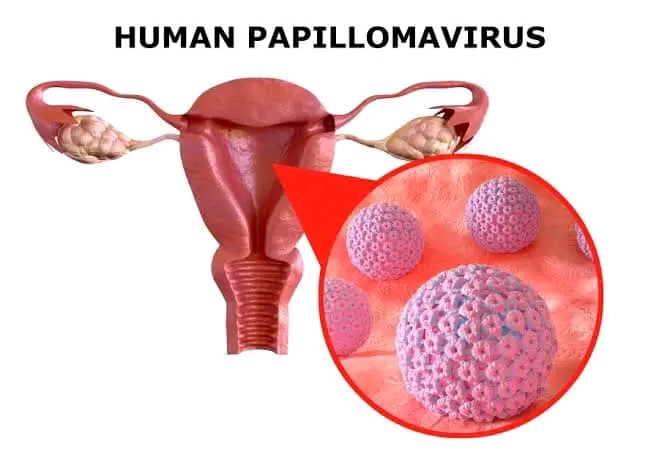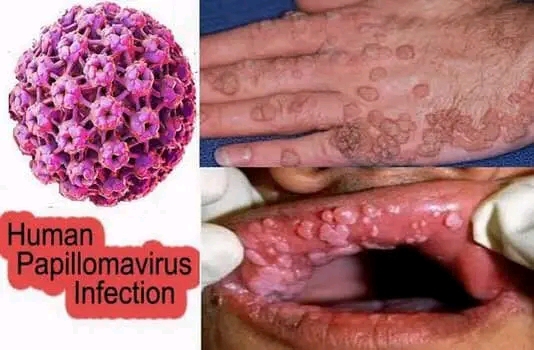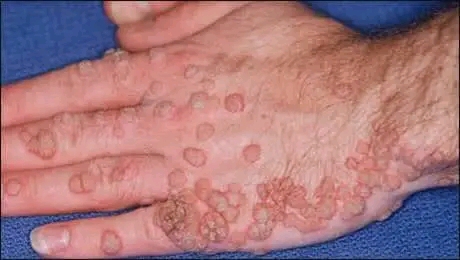



Bikie samuel
@bikiesamuel516024
2 years ago
😳😳😳😳
The HPV virus, also known as the Human Papillomavirus, is a common and widespread infection that affects both men and women. It is primarily transmitted through sexual contact, including vaginal, anal, and oral sex. The HPV virus is composed of different strains, some of which can cause various types of cancers, while others lead to genital warts or have no symptoms at all.
The prevalence of the HPV virus is staggering, with millions of people affected worldwide. It is estimated that the majority of sexually active individuals will contract the virus at some point in their lives. While most cases clear up on their own without causing harm, some can persist and put individuals at risk for developing serious health issues.
One of the most concerning aspects of the HPV virus is its connection to certain types of cancer, particularly cervical cancer. Persistent infection with high-risk strains of HPV can lead to abnormal cell growth in the cervix, potentially evolving into cancerous cells over time. However, it is important to note that not all HPV infections result in cancer, as the body's immune system can often clear the virus naturally.
Prevention is crucial when it comes to the HPV virus. Vaccines have been developed to protect against the most common high-risk strains of HPV, offering significant protection against cervical, anal, and other related cancers. Early vaccination, ideally before sexual activity begins, is key in maximizing its effectiveness. Additionally, practicing safe sex through the consistent use of condoms can reduce the risk of HPV transmission.
Regular screening and early detection are vital in combating the potential risks associated with the HPV virus. Routine Pap smears, for example, can detect any abnormal changes in the cervix at an early stage, allowing for timely intervention and treatment. Moreover, individuals should be educated about the importance of regular check-ups and screenings to promote overall sexual health.
Support and understanding are essential for those who have been diagnosed with the HPV virus. The stigma surrounding this infection often leads to feelings of shame and embarrassment, causing individuals to suffer silently. By fostering open conversations and providing accurate information, we can create a more supportive environment that encourages individuals to seek necessary healthcare and support.
In conclusion, awareness and education are key factors in addressing the HPV virus. By promoting preventive measures such as vaccination, practicing safe sex, and ensuring regular screenings, we can significantly reduce the burden of HPV-related diseases. Additionally, creating a compassionate and empathetic society can help eliminate the stigma surrounding this virus, empowering individuals to face their diagnosis with strength and resilience.
Follow share ,
World Health Organization (WHO)
CDC
